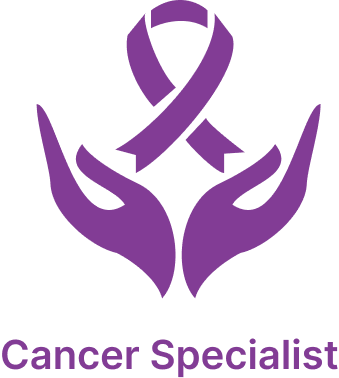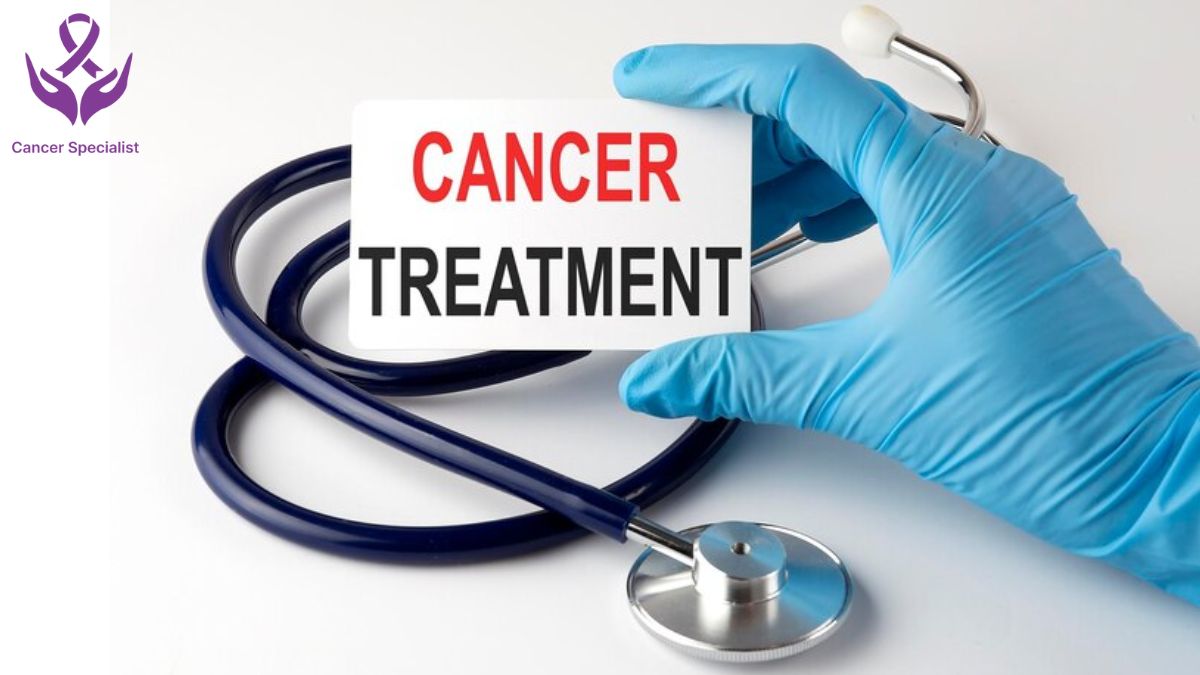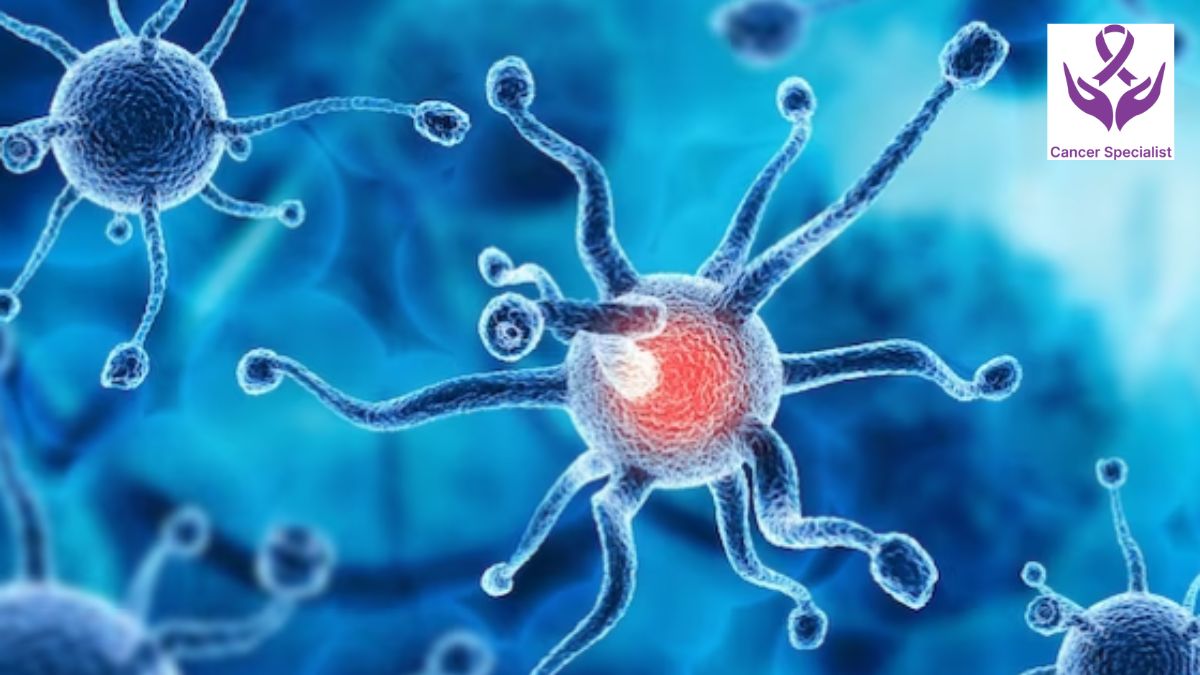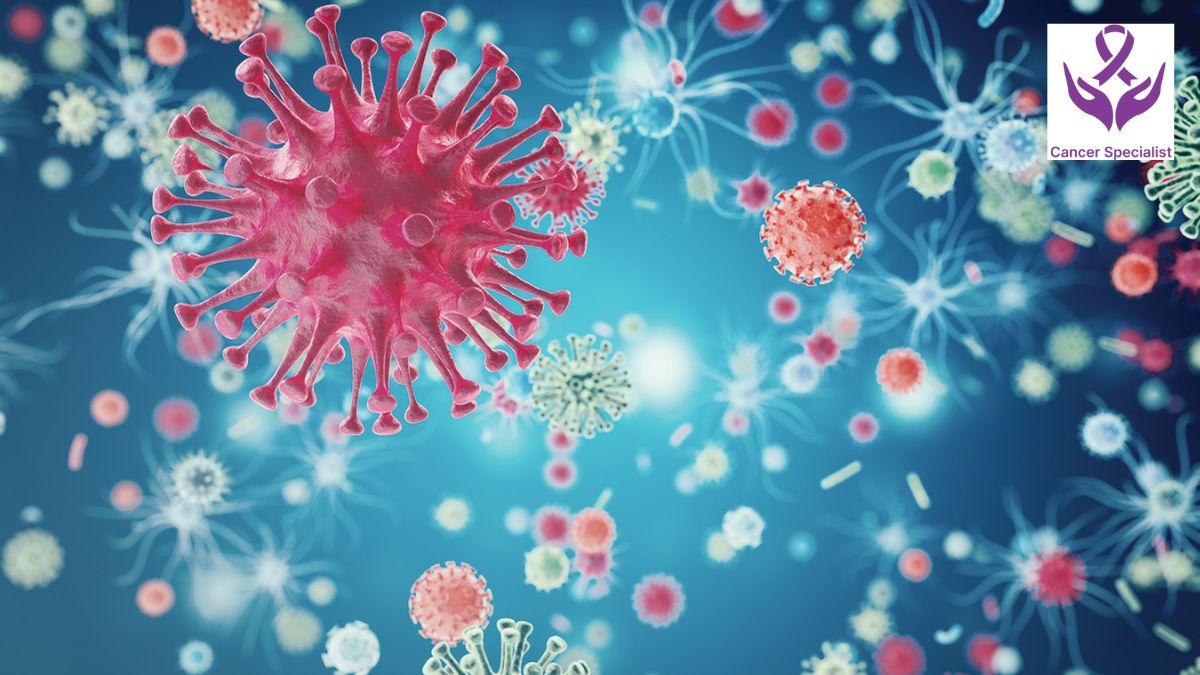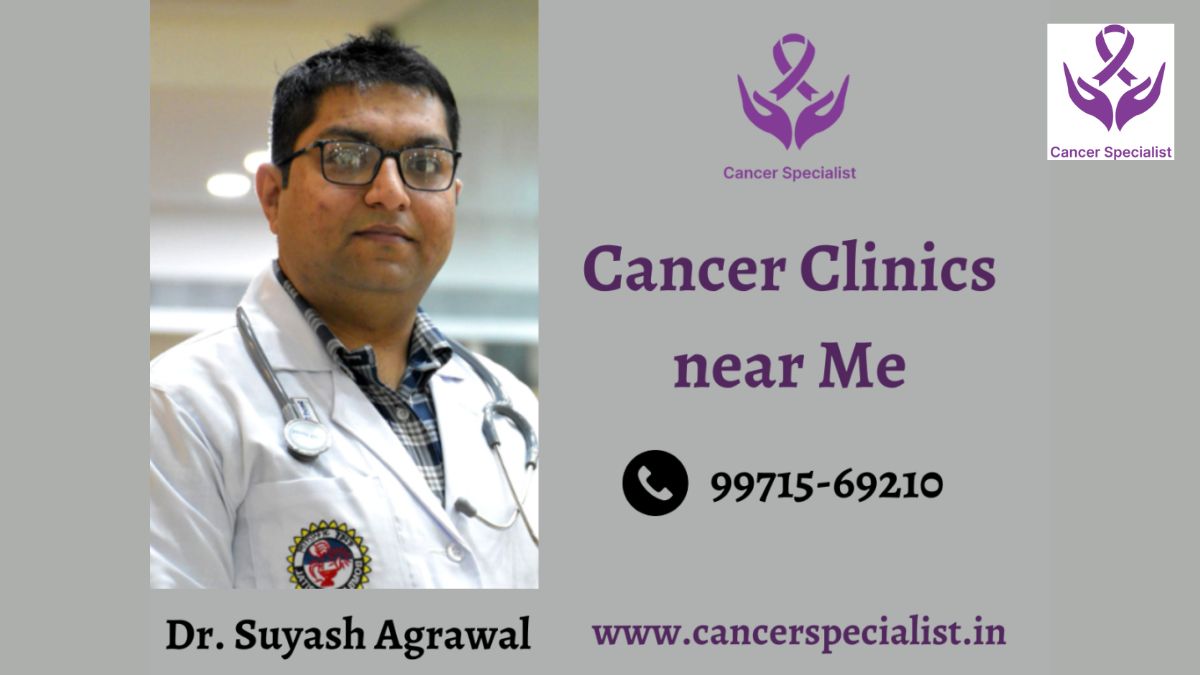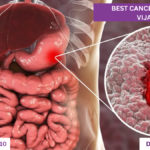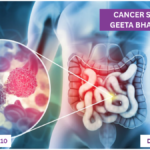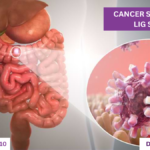Hearing the words “you might have cancer” can feel like the world suddenly stands still. Questions rush through your mind, What does this mean for my future? Who can help me? In moments like these, having the Best Oncologist by your side can make all the difference. They become more than just a doctor, they are a guide, a listener, and a source of strength.
A cancer diagnosis doesn’t just affect your body; it touches every part of your life, your emotions, relationships, and sense of security. The oncologist understands this and approaches treatment with compassion, honesty, and precision. Their mission is not only to treat the disease but also to give you the courage and clarity you need to face each step ahead.
Table of Contents
ToggleWhat Does a Cancer Surgeon Really Do?
A cancer surgeon is a medical specialist trained to diagnose, operate, and manage cancer cases. But beyond the surgical skills, the Best Oncologist focuses on understanding your individual journey. They listen to your fears, explain your condition in clear language, and outline a treatment plan that feels right for you. Their role is not only to remove tumors but to protect your dignity, hope, and quality of life.
How Can the Best Oncologist Impact Your Recovery?
Choosing the Oncology Specialist means placing your health in the hands of someone with the expertise to make critical decisions that directly affect your recovery. They combine advanced surgical techniques with a personalized approach, ensuring that treatment targets the cancer while preserving as much healthy function as possible. This careful balance can mean faster recovery, fewer complications, and a higher chance of long-term wellness.
What Makes an Oncologist Truly the Best?
The Best Oncologist is not defined by degrees alone but by how they treat their patients as human beings. It’s about patience when answering questions, empathy when delivering news, and dedication to staying updated with the latest cancer treatments. They inspire trust through transparency and build confidence by walking alongside you, not ahead or behind, in your healing journey.
What Happens During Your First Consultation?
Your first meeting with the Best Oncologist is more than a medical appointment; it’s a conversation about your future. You can expect them to review your medical history, listen to your concerns, and explain the possible treatment routes. They will discuss the pros and cons of surgery, chemotherapy, radiation, or a combination, always focusing on what’s safest and most effective for your specific case.
Is Surgery Always the Answer?: Oncology Specialist
Not necessarily. While cancer surgery can be life-saving, the Oncology Specialist will only recommend it when it’s truly needed. Some cancers respond well to non-surgical treatments like targeted therapy, immunotherapy, or radiation. In many cases, a combination of treatments offers the best outcome. The goal is always to choose an approach that offers the greatest benefit with the least risk.
How Does the Best Oncologist Support You Beyond Surgery?
The journey doesn’t end when surgery is over. The Oncology Specialist continues to guide you through recovery, follow-up care, and lifestyle adjustments that reduce the risk of recurrence. They provide emotional support, answer ongoing questions, and connect you with resources such as counseling, nutrition advice, or patient support groups.
What Are Patients Saying? – Reviews
From the first appointment, I felt safe and understood. Every step was explained to me, and I never felt alone in my treatment journey.
The kindness and patience shown to me made all the difference. My surgery went smoothly, and my recovery was faster than I expected.
It wasn’t just about treating my cancer; it was about treating me as a whole person. I’m forever grateful for the care and compassion I received.
FAQs About Cancer Surgeons and Treatment
Q1: How do I choose the right cancer surgeon?
Look for the oncologist with proven experience, patient-centered care, and clear communication. Check patient reviews and ensure they specialize in your cancer type.
Q2: Will I need chemotherapy after surgery?
It depends on the cancer type and stage. The oncologist will decide based on pathology results and your overall health.
Q3: Is cancer surgery risky?
Like any major surgery, there are risks. However, the Oncology Specialist uses advanced techniques to minimize complications and ensure safety.
Q4: How soon can I return to normal life after surgery?
Recovery time varies, but with the oncologist, you’ll receive a tailored recovery plan to help you regain strength as soon as possible.
Q5: Does the surgeon help with emotional support too?
Yes. The oncologist understands that emotional healing is as important as physical recovery, and will guide you toward support resources.
